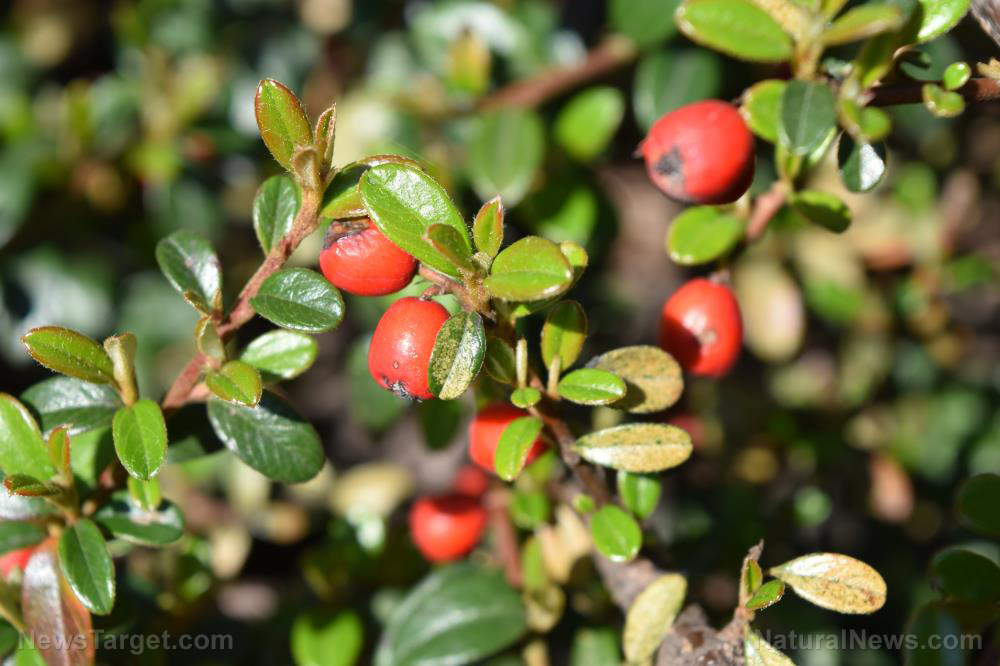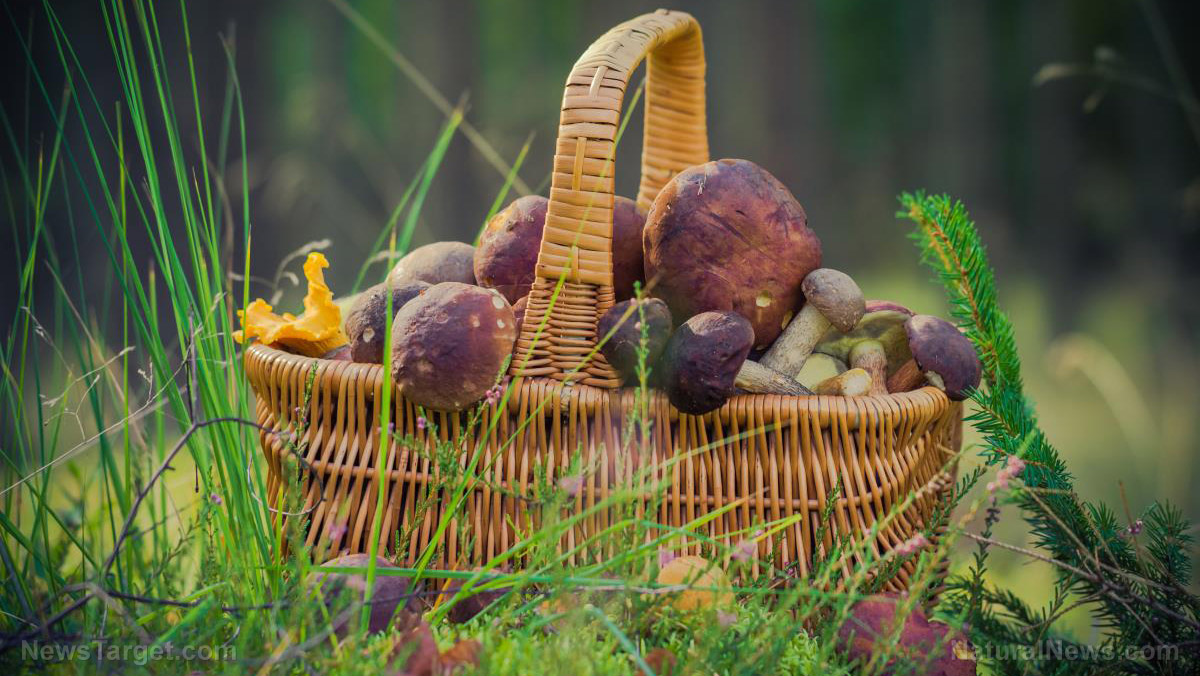 Parler
Parler Gab
Gab
Choosing the right plant to secure your home
Sturdy barriers like fences or defensive plants can help keep strangers out of your property. You can also use fences or plants to beautify your home if you want to do so. If you already have a sturdy fence around your property, it wouldn't hurt to also plant brambles or cacti to deter trespassers who are thinking of breaking into your home and causing trouble when SHTF. However, choosing the right plant is key to keeping out threats. Even beautiful plants full of thorns can help make your fences impenetrable. When choosing plants, do your research. Use plants that suit your climate so your defensive plant will grow well and protect your property as intended. (Related: Home security: 3 Ways to protect your homestead.)12 Defensive plants that can help improve your home security
Here are some plants that can act as defensive barriers that will keep trespassers away from your property: Agave Agave is a succulent with sharp, dagger-like leaves. Use it as a hedge or border plant to keep both people and animals away. Barberry Barberry has sharp thorns along its stems and branches that can inflict serious wounds. Additionally, the plant has a dense growth habit, which can make it difficult to penetrate if anyone tries to break into your home. Bougainvillea Bougainvillea is an ornamental vine covered in sharp thorns. The plant grows quickly and will cover any structure with thorny vines that it uses to support itself as it climbs. Bougainvillea is a great choice if you're looking for an ornamental defensive plant. Note that this plant is more delicate than others on this list. Brambles Brambles refer to a group of thorny shrubs such as:- Blackberries
- Boysenberries
- Dewberries
- Loganberries
- Raspberries
More related stories:
Prepping 101: How to make your own fool-proof SHTF plan. Alarms, doors and perimeter protection: Keep your family safe with these 10 home defense strategies. A guide to securing your homestead’s perimeter (while observing the law). Why your "smart home" might be an incredibly STUPID idea. The 7 best dog breeds for survival and protection. Sources include: ModernSurvivalOnline.com GardeningKnowHow.com InstantHedge.com TheBelmontRooster.com Brighteon.comThe end of meat? Dutch “green” policies force dairy farmer to cull 95% of his herd
By Ethan Huff // Share
Food supply 101: How to grow edible mushrooms in your home garden
By Zoey Sky // Share
Home gardening tips: How to grow and harvest radishes
By Zoey Sky // Share
Uvalde massacre: Surveillance footage shows police just hanging around school hallway during carnage
By Belle Carter // Share
Governments continue to obscure COVID-19 vaccine data amid rising concerns over excess deaths
By patricklewis // Share
Tech giant Microsoft backs EXTINCTION with its support of carbon capture programs
By ramontomeydw // Share
Germany to resume arms exports to Israel despite repeated ceasefire violations
By isabelle // Share










